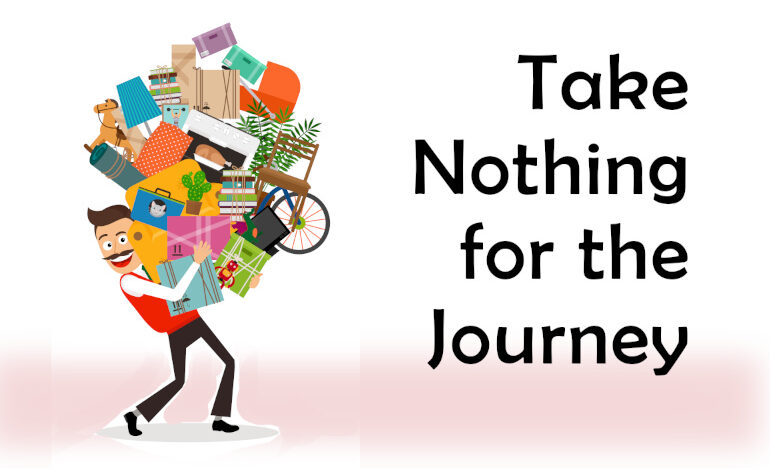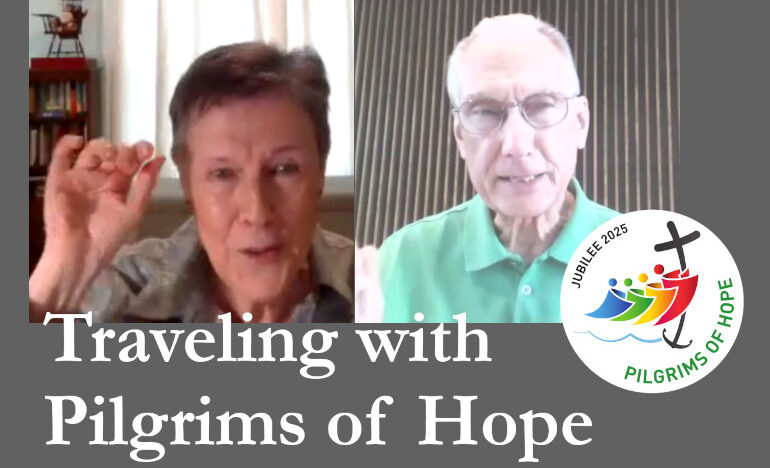The Call to Compassion in Judaism

By Kathy Keary
Our full series on Contemplative Life is here.
Our series on Judaism and Contemplation is here.
Faith is often considered a verb meaning that our relationship with God propels us into the world to be of service to others. This is a premise of the major faith traditions including Judaism. In the words of the Sufi Jew, Kathleen Schmitt Elias: “The overall message of both Torah and teachers is that that Judaism is a religion not so much of faith as of action, and our relationship with God is played out primarily in relations with ourselves and with our fellow human beings” (Elias, 152).
One of my favorite Old Testament passages, Micah 6:7, comes to mind. God clearly instructs: “You have been told, O mortal, what is good, and what the LORD requires of you: Only to do justice and to love mercy, and to walk humbly with your God.” Mirabai Starr points out that a central Jewish text, the Talmud, lists these attributes as being key to the life of a faithful Jew.
The Book of Deuteronomy affirms this teaching: “Now, O Israel, what doe YHVH, your God, ask of you? Only to fear YHVH, your God, to go in all his ways” (10:12). Rabbis interpret his “ways” as a call to act with graciousness, compassion, truth, and justice. (Starr, 109).
The Book of Leviticus teaches that God instructed Moses to tell the Israelites “to be holy, for I the Lord your God, am holy” (19:2). Numerous instructions follow that are now known as the Holiness Code. Much of it is focused on extending justice and compassion to others including strangers.
Our reward for following the Holiness Code can also be found in the Book of Leviticus: “I will establish My abode in your midst, and I will not spurn you. I will be ever present in your midst: I will be your God and you shall be My people (26.11, 12). God then reminds the Israelites of his steadfast faithfulness to them: “I the Eternal am your God who brought you out from the land of the Egyptians to be their slaves no more, who broke the bars of your yoke and made you walk erect” (26: 13). Elias asserts: “Not by faith, not by acts of worship, but by acts of mercy and kindness do we experience and express our oneness with Ha-Rakhaman, the Eternal Source of compassion and love” (Elias, 153).
A second century Talmudic scholar asserted that the entire essence of the Torah can be summed up by the words found in the Book of Leviticus: “Love your neighbor” (19:17). The Talmud contains a story about a learned Jewish rabbi, Hillel, who described this passage as being the essence of the entire Torah characterizing the rest of the text as just commentary. Starr elaborates on this sentiment:
If human beings are made in God’s image and if His nature is one of infinite compassion, then efforts to act with kindness and to defend the persecuted are as vital to spiritual life as are prayer and Torah study. To love God is to love each other and to see each other as having been created in His image, just as we ourselves have been… Jewish mysticism teaches that the face of God is imprinted on our hearts, and all we have to do is look within in order to know the truth and act accordingly.
Note: Never miss an article published on the Renewal Center website: Sign up to receive our newsletters.
As we journey along the spiritual path, our recognition of the interdependence of all of life is magnified. We become more aware of the many gifts we have been entrusted by the Creator. The natural consequence of spiritual growth is to contribute to the building up of society by sharing our gifts for the benefit of others (Starr, 110). Starr encourages those who do not believe they have anything to give:
Instead of concluding that we are too busy and broken to have anything to give anyone else, let us embrace our wounds as evidence of our membership in the human family and allow them to guide us into treating all beings as our mothers and sons, our brothers and grandmothers, doing everything in our power to lift their burdens and bring them solace.
Rabbi Ted Falcon emphasizes the importance of respecting the dignity of the human person in our efforts to lift up others. For example, lending someone money to start a business is seen as a better option than almsgiving. Giving a person a means to support themselves will have a lasting effect. It’s the sentiment behind the familiar adage: “Teach a man to fish, and you feed him for a lifetime.” The Book of Leviticus speaks of the value of gleaning to lift up another while maintaining their dignity:
When you reap the harvest of your land, you shall not reap your field to its very border, neither shall you gather the gleanings after your harvest. And you shall not strip your vineyard bare, neither shall you gather the fallen grapes of your vineyard; you shall leave them for the poor and the stranger: I am the Eternal your God (19:9-10).
Gleaning offers a dignified opportunity for an individual to feed himself and his family by engaging in work (Falcon, 95).
With this article, we wrap up our discussion of the contemplative ways of Judaism. A series of videos containing instruction on various types of contemplative prayer is forthcoming. We hope you will join us.
References
Falcon, Ted and Blatner, David. Judaism for Dummies. Hoboken, New Jersey: John Wiley and Sons, Inc, 2019.
Rahman, Jamal; Elias, Kathleen Schmitt; and Redding, Ann Holmes. Out of Darkness Into Light: Spiritual Guidance in the Quran, with Reflections from Christian and Jewish Sources. Harrisburg, New York: Morehouse Publishing, 2009.
Starr, Mirabai. God of Love, A guide to the Heart of Judaism, Christianity and Islam. Rhinebeck, New York: Monkfish Book Publishing Company, 2012.
Photo 114359880 © David Burke | Dreamstime.com
Kathy Keary, spiritual director, holds a bachelor’s degree in Education, a master’s Degree in Theological Studies, and completed Sophia Center’s Souljourners Program, an intense study of spirituality and spiritual direction. Kathy believes that the Divine is present and active in all of life and encourages others to be awakened to the God in all including the Divine within. She enjoys accompanying others on their journey to wholeness discovering the person they were created to be.
We’d Like to Hear from You!
We’d like to know what you think about this article. Send us a comment using the form below. Do you have a suggestion? Is there something you want to learn more about? Send us a note.
Related

Take Nothing for the Journey
An Assembling God’s Puzzle video
By Fr. Garry Richmeier, C.PP.S.
Jesus’ teaching about what to take on a journey — nothing — is actually good advice for building trusting relationships. Don’t bring your “stuff” into the relationship; listen deeply and respec their views and situation, understand their struggles.

Pilgrims of Hope, Episode 6: Walking with Cancer Survivors
Hosted by Fr. Ron Will, C.PP.S.
We are talking with people who find hope amid difficult circumstances or bring hope to others. In this episode, Kathy Keary talks about how centering prayer, journaling and other spiritual practices helped her cope with two life threatening health issues.
Categories
Assembling God's Puzzle Coffee with Padre Cooking & Spirituality Encounters of the 4th Kind Family Matters Reflections on the Eucharsitic Prayers Spiritual Resources Taize Prayers The Contemplative Life Traveling with Pilgrims of Hope Uncategorized Videos Week of Prayer for Uhristian Unity When you need a little help
